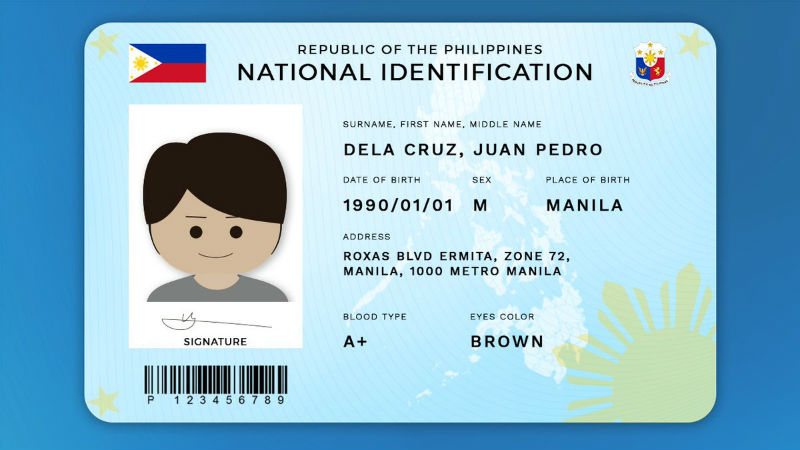BAGUIO CITY – A total of 77 local government units (LGUs) have signed the Memorandum of Agreement (MOA) with Philippine Statistics Authority (PSA) in order to strengthen and support the region’s roll-out of the Philippine Identification System (PhilSys) or national ID.
Of the 77 LGUs, 27 in Abra, seven in Apayao, 14 in Benguet, which includes Baguio City, 11 in Ifugao, eight in Kalinga, and 10 in Mountain Province.
“Based on the MOA, the LGUs are expected to coordinate city, municipal and barangay-level meetings for briefings and discussions on PhilSys operations, as well as identify locations for registration centers, waiting areas, and temporary storage facilities,” said Statistician 1 Allan Franco Ocal of the Department of the Interior and Local Government (DILG) Cordillera.
He added that LGUs are also responsible for mobilizing all necessary resources for pre-registration and registration activities, such as registration areas, electrical supplies, registration kit storage areas, physical security, and crowd control, if necessary.
“The LGUs will also provide logistical support such as providing back-up vehicles for the deployment of registration teams and kits, provision of additional chairs and tables, waste management and sanitation services,” he added.
Noting, “the LGUs should strictly implement health protocols in order to prevent the spread of coronavirus disease (COVID-19) especially during Step 2 of the registration process.”
Meanwhile, PSA Chief Administrative Officer Adrian Cerezo said Cordillera residents can now register with PhilSys online as the government pushes digital registration starting on April 30.
He said that the applicants may access the Step 1 registration process of PhilSys through the online portal, while the Step 2 registration process will be at assigned registration centers.
“The online registration involves the collection of information, including full name, gender, date, and place of birth, blood type, and address whereas, the Step 2 process will validate supporting documents and capture biometrics,” he added.
The national ID shall be a valid proof of identity that shall be a means of simplifying public and private transactions such as enrollment in schools, and the opening of bank accounts. It will also increase efficiency, particularly when dealing with government services, as people will only need to present one ID during transactions.













